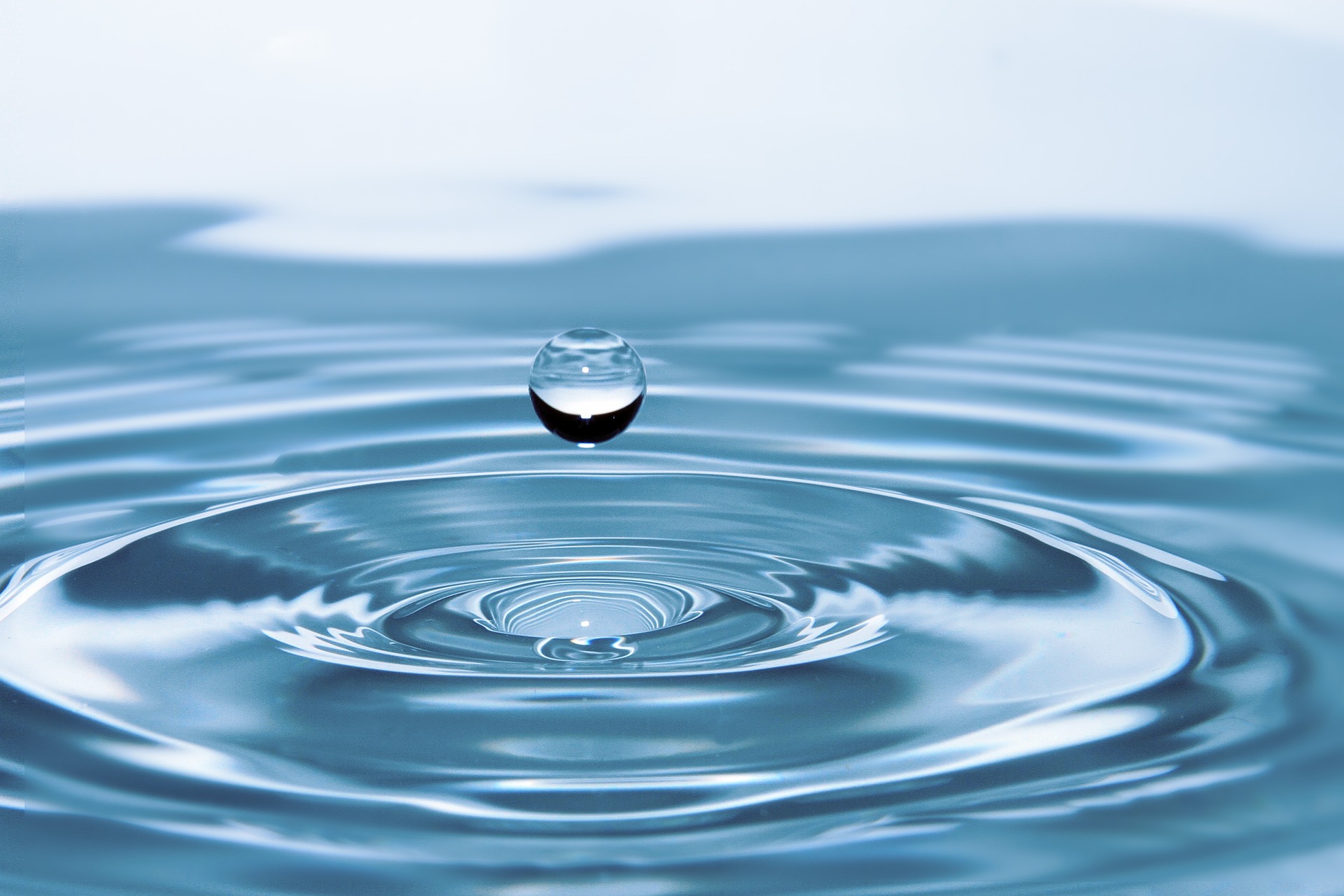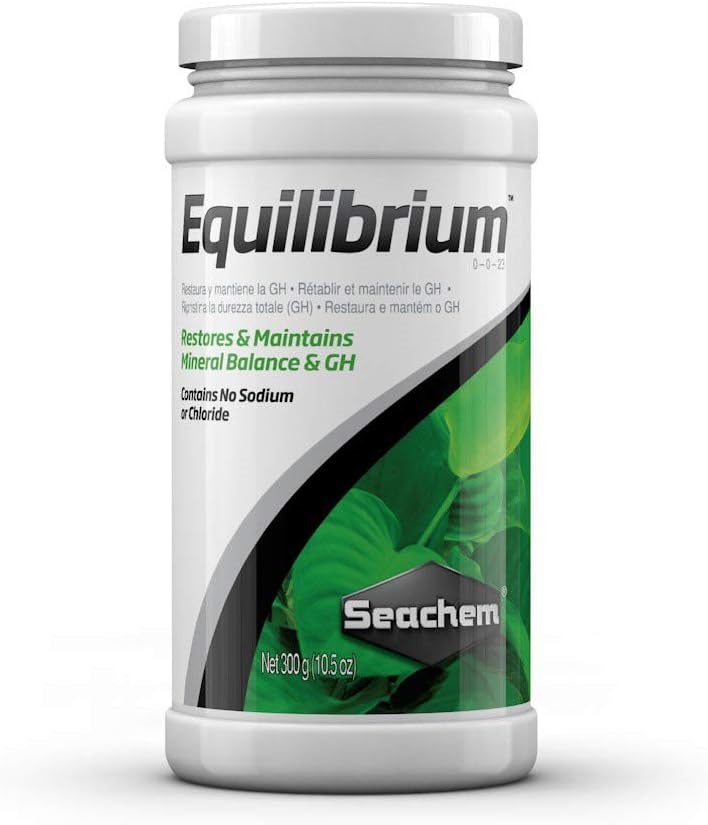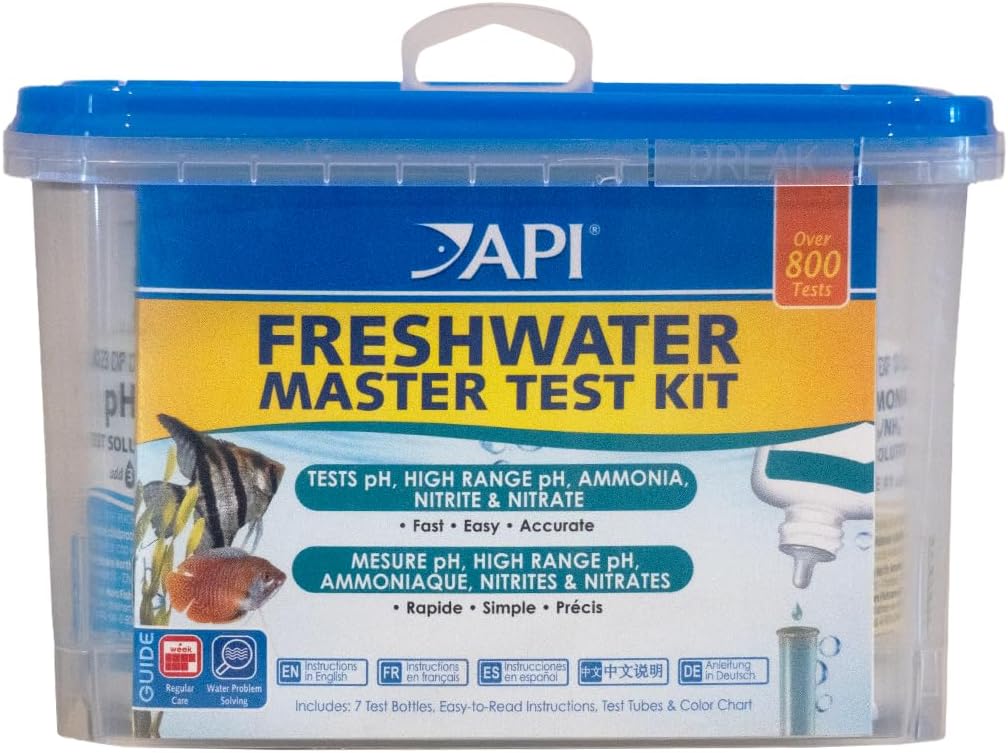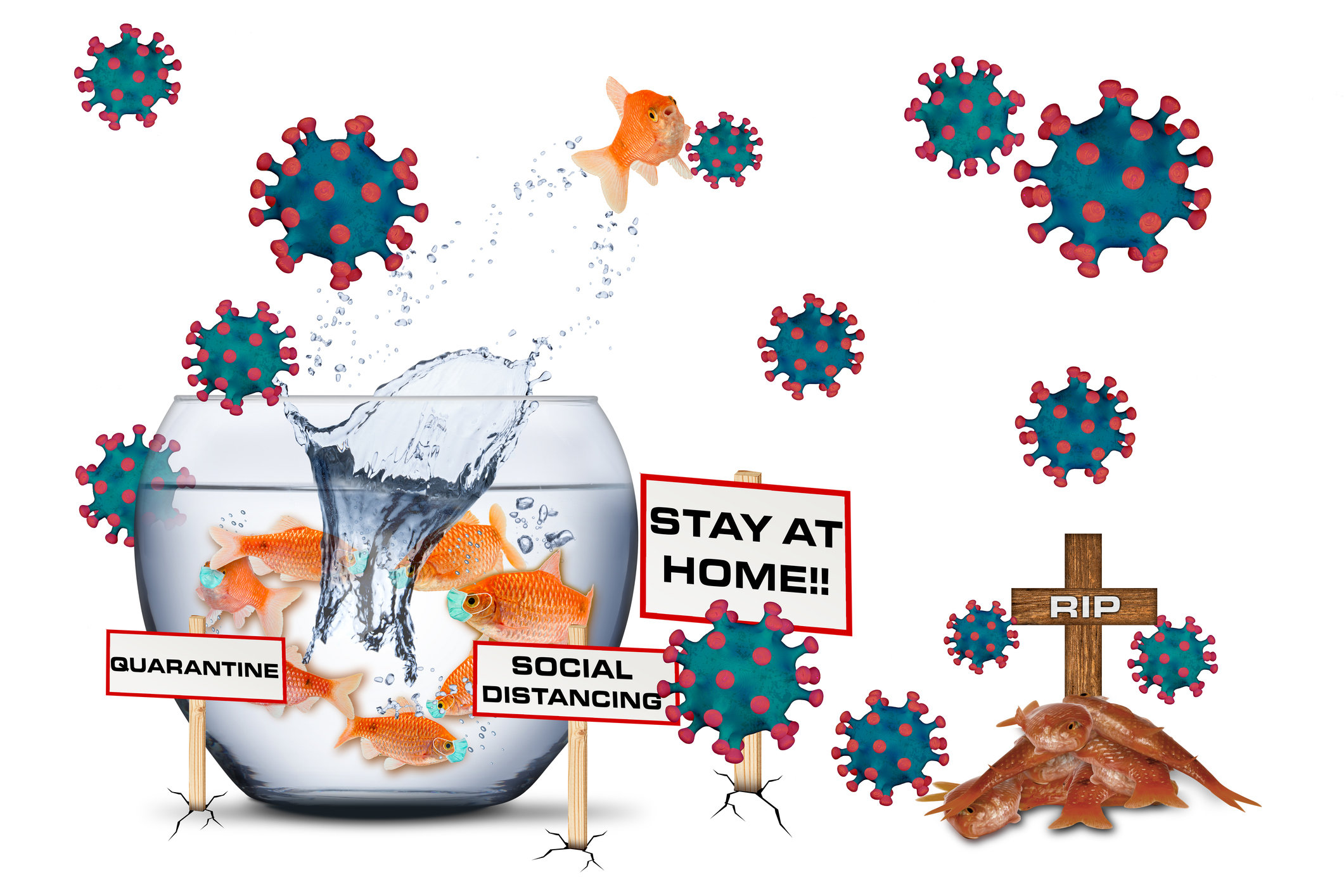Affiliate Disclaimer:
This site contains affiliate links. If you make a purchase through these links, we may earn a commission at no additional cost to you. This helps support our site and allows us to continue providing valuable content. Thank you for your support!
Water Parameters 101: How Distilled Water and Hardness Affect Your Aquarium
So, you’re sitting here pondering; “How do water parameters impact my aquarium?” It’s a normal question and crucial for those who want to ensure their fish are content and their tank is flourishing. Stay with me as we delve into how understanding water and hardness can greatly affect the success of your aquarium.
Table of Contents
Why Are Water Parameters Important?
I’m sure you’re with me on this one: maintaining proper water parameters is key to a healthy aquarium. Here’s the interesting part: water hardness and the use of distilled water play significant roles in this balance.
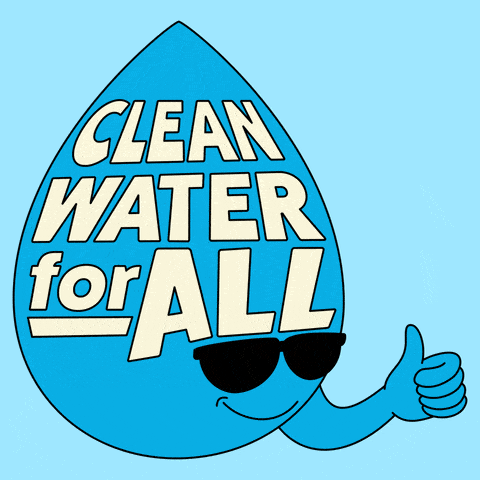
What Exactly Are Water Parameters?
But what exactly is water hardness? Water hardness refers to the concentration of minerals, like calcium and magnesium, in your water. Soft water has low mineral content, while hard water has high mineral content.
Here’s why that’s important: Different fish species thrive in different hardness levels. For instance, tetras prefer softer water, while African cichlids thrive in harder water.
Using Distilled Water in Your Aquarium
I know what you’re thinking: “Can I use distilled water in my aquarium?” The answer is yes, but there’s a catch. Distilled water is free of minerals, which means it lacks the essential nutrients your fish need.
Here’s the main issue with that: You’ll need to remineralize distilled water before adding it to your tank.
Let me clarify: Use a remineralization product to add essential minerals back into the water. This creates a balanced environment for your fish.
- MINERALS: Equilibrium is specifically designed to establish the optimal mineral content for the planted aquarium. When this mixture is added to the aquarium it will impart a slight haze that should clear within 15–30 minutes.
- EQUILIBRIUM: Does not contain sodium or chloride (which can be detrimental to a planted aquarium at elevated levels).
- SUITED FOR: Equilibrium is preferably suited for use with RO (reverse osmosis) and DI (deionized) water or any mineral deficient water.
- BALANCE: Equilibrium raises the essential mineral/electrolyte content (General Hardness) of the water to balance with and promote stability of the carbonate hardness.
How Water Hardness Affects Your Aquarium
Now, this is important: the hardness of your water can affect your fish’s health and the overall stability of your tank. Hard water can cause issues like scale buildup on equipment, while soft water can lead to pH fluctuations.
So, what’s the solution? Test your water regularly using a hardness test kit and adjust as needed. Adding crushed coral can increase hardness, while using distilled water or peat moss can soften the water.
The Role of pH in Water Hardness
You must be wondering, “How does pH fit into this?” pH levels are influenced by water hardness. Generally, hard water has a higher pH, while soft water has a lower pH.
Here’s the bottom line: Maintaining a stable pH is crucial for your fish’s health. Sudden changes can be stressful and even harmful.
And the best part is: Regular water changes and using buffers can help keep your pH levels stable.
Tips for Maintaining Optimal Water Parameters
I think you’ll agree with me when I say that keeping your aquarium’s water parameters in check is vital. Here are some tips to help you maintain a healthy tank:
1. Regular Testing: Test your water weekly for hardness, pH, and other essential parameters.
2. Consistent Water Changes: Perform regular water changes to keep the water clean and balanced.
3. Use Quality Products: Invest in good quality water conditioners and remineralization products.
- Helps monitor water quality and prevent invisible water problems that can be harmful to fish and cause fish loss
- Accurately monitors 5 most vital water parameters levels in freshwater aquariums: pH, high range pH, ammonia, nitrite, nitrate
- Use for weekly monitoring and when water or fish problems appear
In Summary
So, what’s my point? Understanding and managing water parameters like hardness and the use of distilled water is essential for a thriving aquarium. By keeping a close eye on these factors, you can create a stable and healthy environment for your fish. And the best part is, it’s easier than you think once you get the hang of it. Don’t stop reading now, keep exploring the site!
- How to Apply an Aquarium Background: A Step-by-Step Guide – October 29, 2024
- How to Clean Aquarium Sand with Pillow Case for a Crystal Clear Tank – October 29, 2024
- How to Treat White Spot Disease (Ich) in Your Aquarium: Save Your Fish Tank – October 7, 2024
